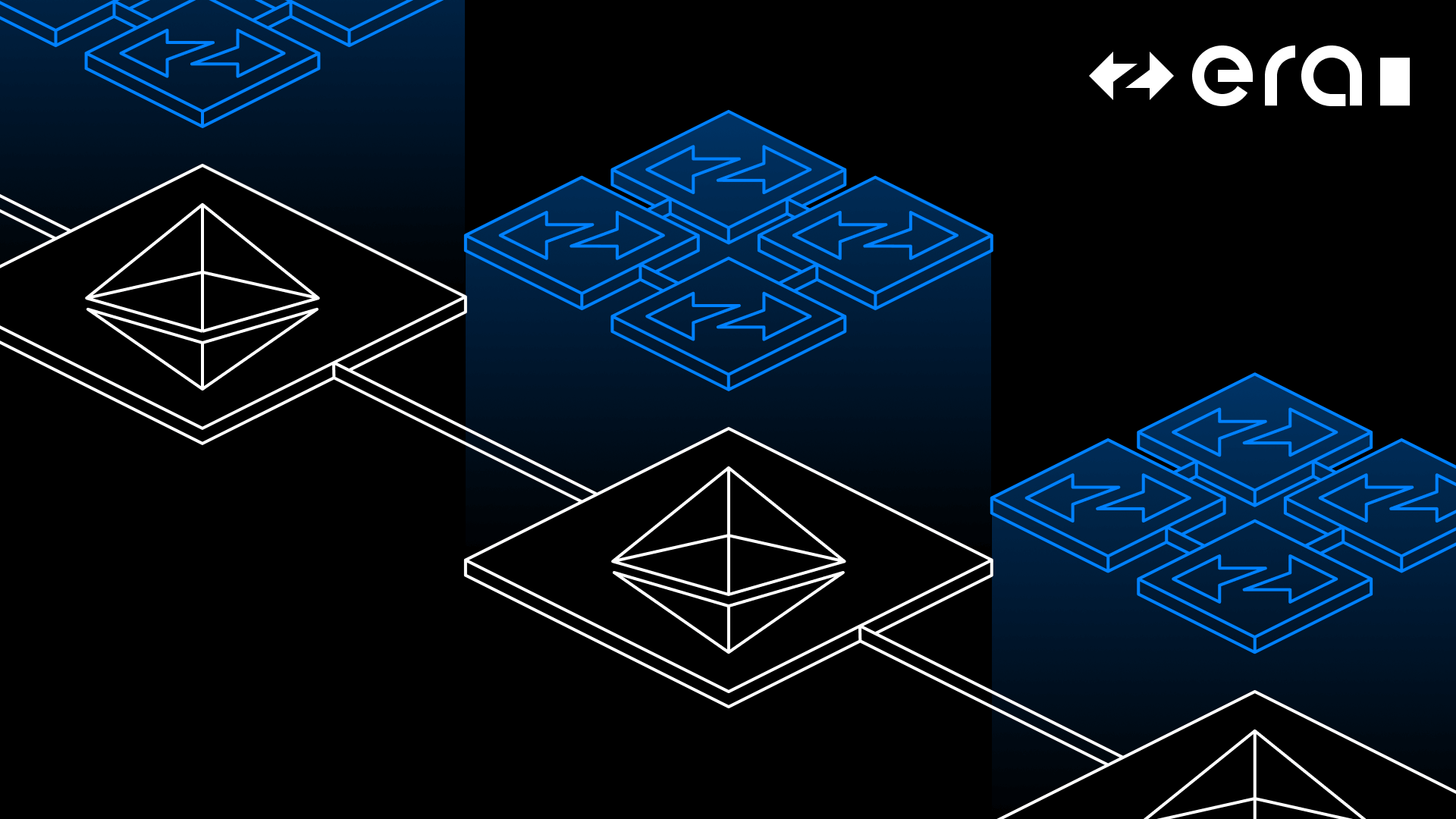zkSync Era is a layer 2 rollup that uses zero-knowledge proofs to scale Ethereum without compromising on security or decentralization. Since it's EVM compatible (Solidity/Vyper), 99% of Ethereum projects can redeploy without refactoring or re-auditing a single line of code. zkSync Era also uses an LLVM-based compiler that will eventually let developers write smart contracts in C++, Rust and other popular languages.
bellman-cuda is a library implementing GPU-accelerated cryptographic functionality for the zkSync prover.
The library can be build by executing these steps:
git submodule update --init --recursive
cmake -B./build -DCMAKE_BUILD_TYPE=Release
cmake --build ./build
The library binary can be found in the ./build/src folder. Change the path in the above commands if a different build location is desired.
By default, the library is build for Compute Architecture 8.0. If a different Compute Architecture is required, the CMAKE_CUDA_ARCHITECTURES variables can be set to the desired architecture(s) during the build configuration generation step.
Example for Compute Architecture 8.6:
cmake -B./build -DCMAKE_BUILD_TYPE=Release -DCMAKE_CUDA_ARCHITECTURES=86
By default, the tests binary is not compiled.
This can be changed by setting the variable BUILD_TESTS to ON in the build configuration step like this:
cmake -B./build -DCMAKE_BUILD_TYPE=Release -DBUILD_TESTS=ON.
Then, after executing the build step, the tests binary is located in the ./build/tests folder and can be executed by calling:
./build/tests/tests.
The zkSync Era prover is distributed under the terms of either
- Apache License, Version 2.0, (LICENSE-APACHE or http://www.apache.org/licenses/LICENSE-2.0)
- MIT license (LICENSE-MIT or http://opensource.org/licenses/MIT)
at your option.
zkSync Era has been through lots of testing and audits. Although it is live, it is still in alpha state and will go through more audits and bug bounties programs. We would love to hear our community's thoughts and suggestions about it! It is important to state that forking it now can potentially lead to missing important security updates, critical features, and performance improvements.
